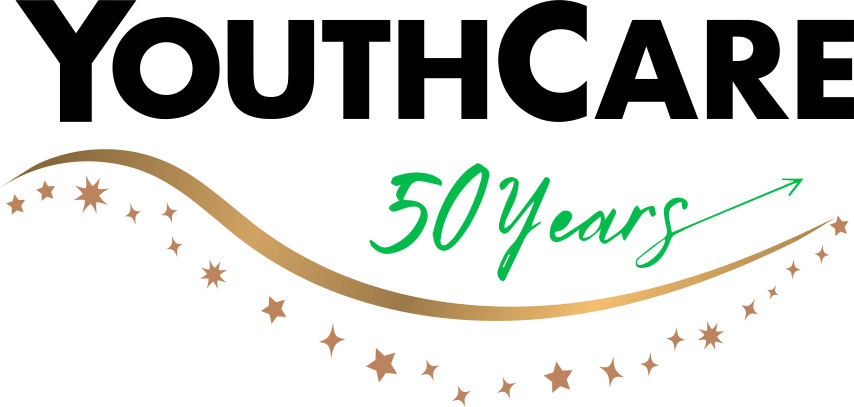The Zine Project began in the 90s as part of the University District Youth Center (UDYC). The focus of the program has been helping homeless youth leverage the creation of a media arts magazine to develop their own sense of self and voice. The end product varied with each cohort, but each zine edition fully represented the youth who participated – all of whom were becoming more resilient and confident while building essential soft-skills for employment, including: teamwork, time management, problem-solving and fielding feedback. In 2015, UDYC became part of YouthCare, and so did Zine. That didn’t change the bones of the program.
Youth who have been disconnected from education, employment, and support systems—who are also living outside or bouncing from couch to couch—often have not had the opportunity to develop the soft skills that pre-employment training programs, such as Zine, focus on. A youth-centered curriculum and welcoming environment provide a bridge for homeless youth to take further steps into services.
YouthCare is exploring new art and creativity-based programming to engage young people in job readiness training, and with a shift in strategy from a long time funding partner, Zine will sunset from YouthCare this year. On September 22, the program hosted a final graduation. “The program has an amazing legacy and it will be missed,” shared Finn.
During their tenure with the program, Finn began each Zine cohort by showing a video of spoken word, asking the youth to write a first, short piece based on prompts that were inspired by the video. They are encouraged to talk about how they feel, and reminded that they can share anything they want. The rules in Zine about writing are few. The only thing you can share with someone about what they wrote is what you like about it. You cannot criticize your own work either; only say, “It is a work in progress.” Don’t glorify any violence or drugs. You can be vulnerable. For youth who have experienced homelessness, and other trauma, being vulnerable can be a really scary thing.
Over the decades in Zine, homeless youth have discovered the power of their own voices, learned about art and culture, and become creatively empowered. Over an eight-week period, youth in Zine would go through incredible changes as they tapped into their creativity and gained skills and confidence. The most shy and withdrawn would relish the opportunity to read their work aloud at graduation. The most boisterous would demonstrate a deep well of sensitivity. The full support of a youth to stabilize while in Zine has led to huge life transformations for the youth who participated, including gaining consistent employment, and securing long-term, stable housing.
“Some youth would come to us and say ‘I have to leave the program! I got a job and it’s during Zine hours.’ I would always say ‘Oh, no, no, no. Zine will work around your schedule,’” says Finn. And whenever you’re working with young people, you are offered opportunities to provide coaching and help them learn good boundaries. When a youth was struggling with timeliness or communication, it was the instructor’s role to help them discover that such behaviors would be particularly challenging in the workplace. “I tell them, ‘Hey. How do you want to be part of this solution? How do you want this to turn out for you?’” Finn smiles… “I ask again: ‘What are your goals? What are your dreams?’”
For their part, the last graduates of Zine each read from their work during graduation. One young man’s zine featured an action story. When he stopped reading, someone shouted from the back: “But what happens?” The author smiled shyly. “You’ll have to buy this edition to find out.”
During the open mic portion of the night, a young person sang a song they wrote on ukulele. “I have accomplished many things,” sang the youth. “I learned I am important.” Isn’t that, truly, what every young person needs to know?
YouthCare offers thanks to the hundreds of youth who have come through the Zine program and shared their fears, vision, and life with our team. We hold dear the opportunity to be part of so many young people’s lives as they rebuild a vibrant future—the one they always deserved. As YouthCare explores new arts-based programming, we look forward to keeping you posted and sharing the creations (be it poetry, buttons or ceramics) of our incredible young people.

